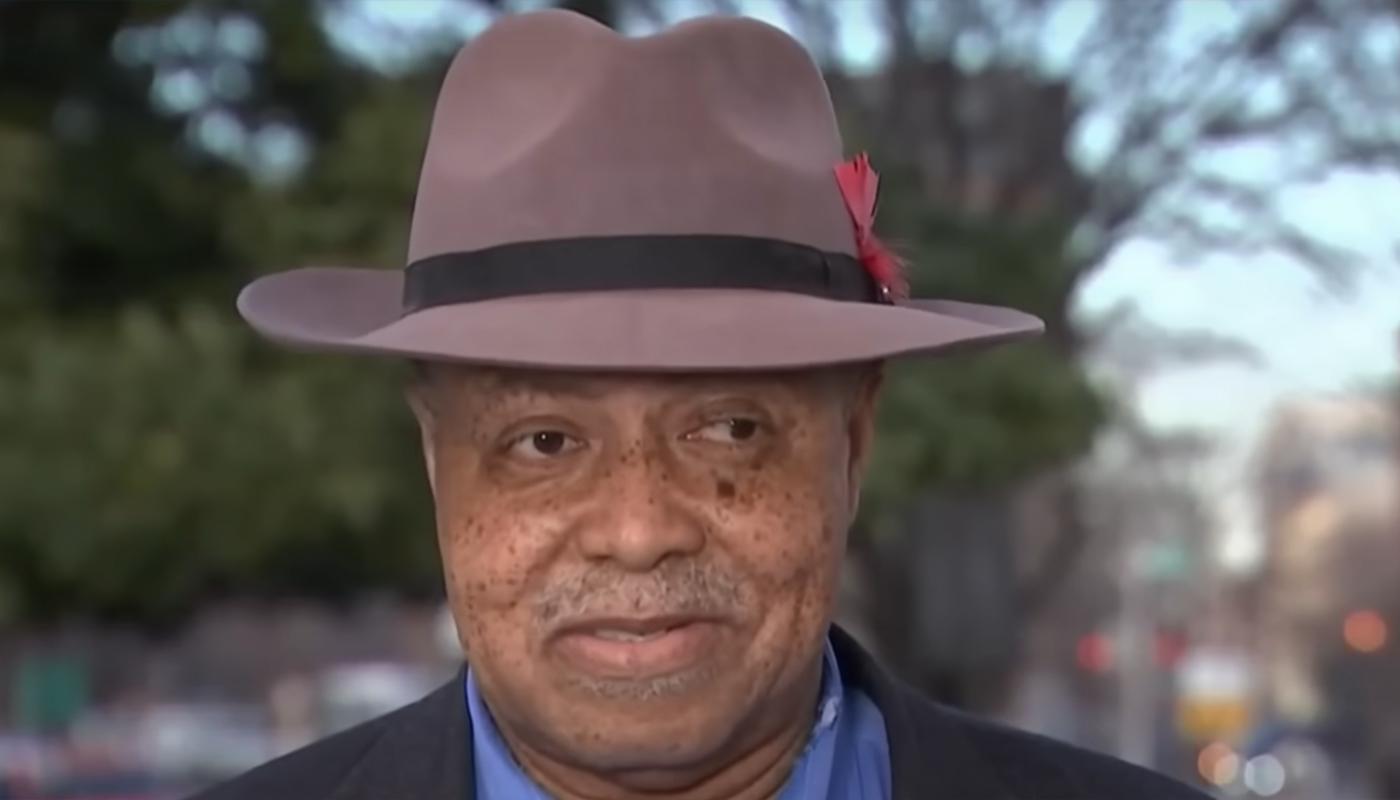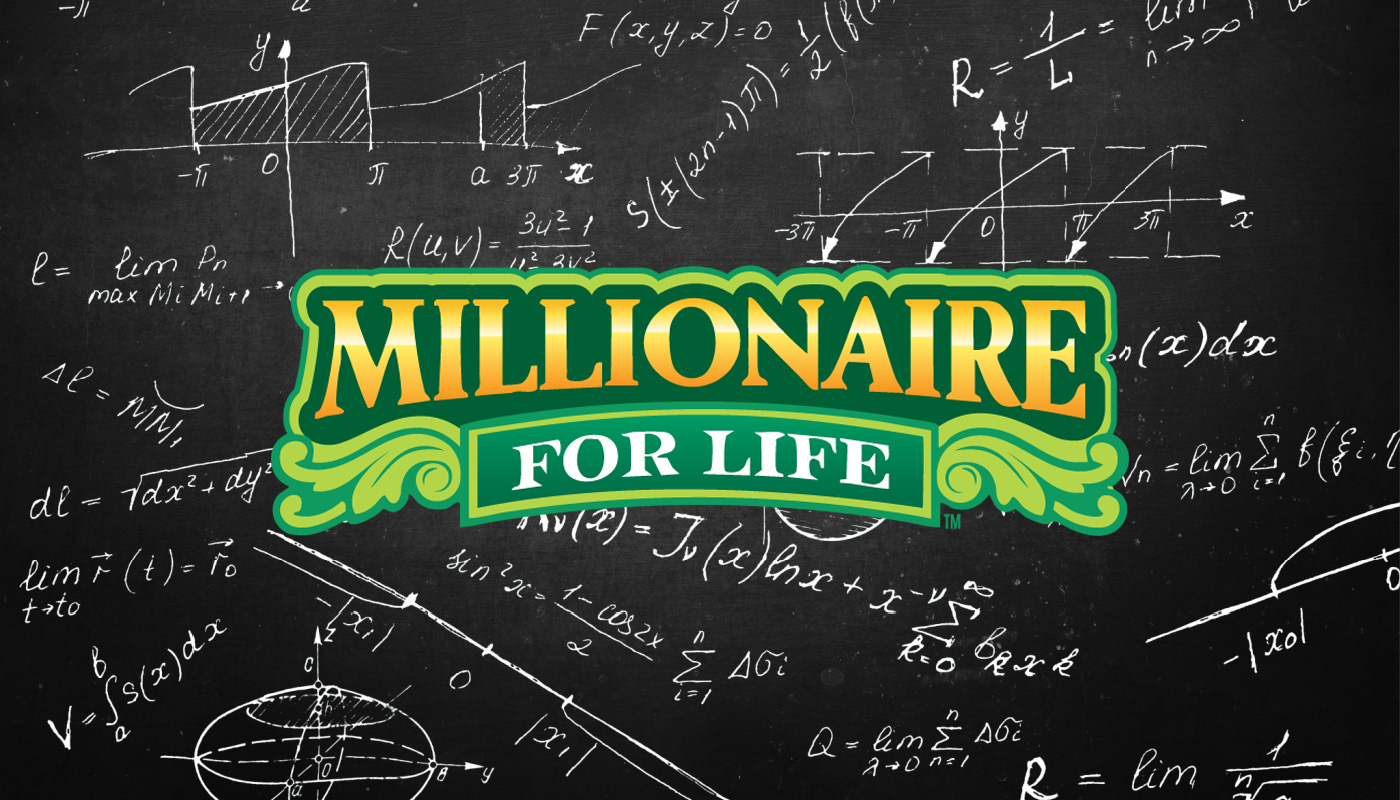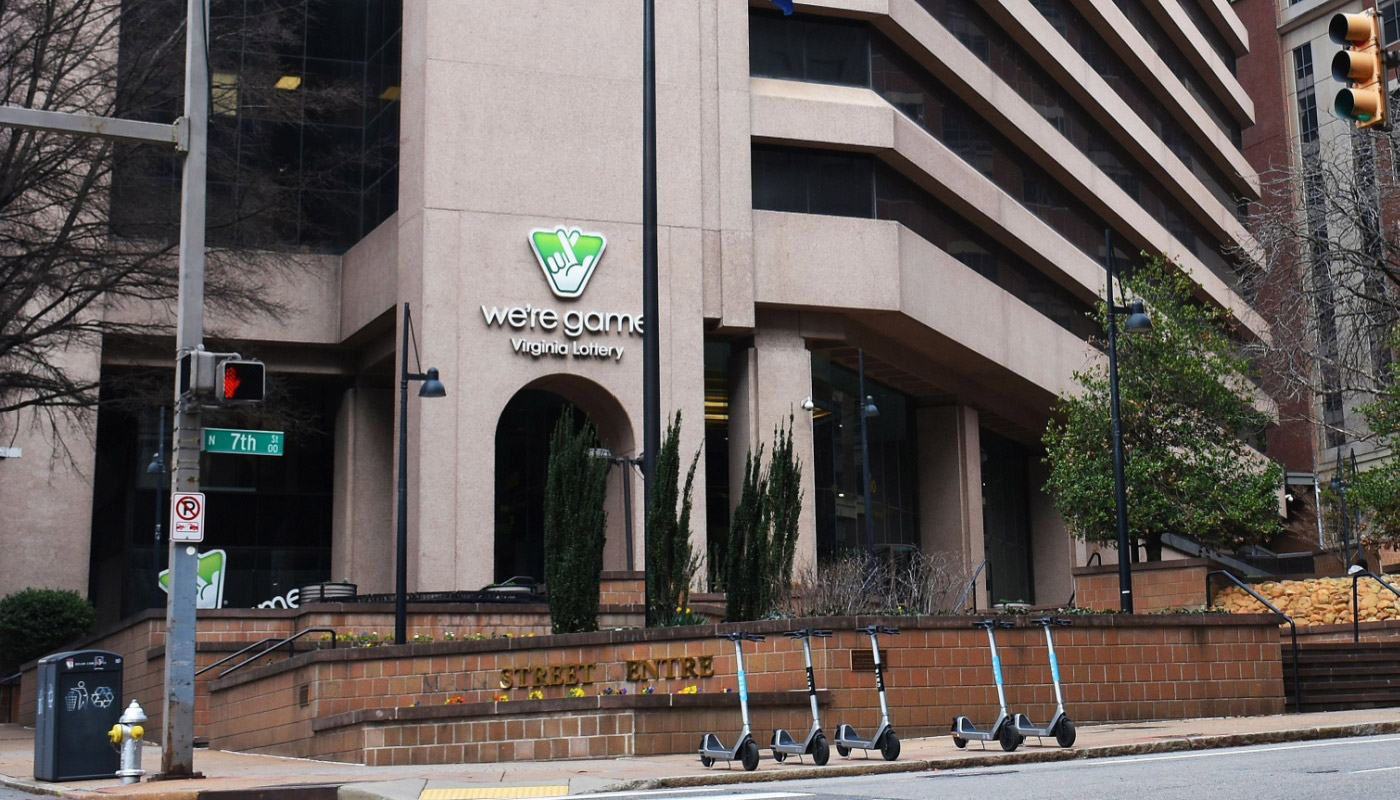
News writer, Interviewer
Have you ever wondered what happens when a lottery draw goes wrong?
While most lottery draws are conducted flawlessly, errors can occasionally occur, leaving players questioning the fairness of the system.
From programming glitches to ticket misprints, these mistakes can have a significant impact on the outcome of a draw. Enter the world of lottery errors and discover how they are handled.
Common types of errors
While lotteries strive for perfection, even the most sophisticated systems can be susceptible to errors. These errors can range from minor inconveniences to major disruptions that can cast doubt on the fairness of the draw. These are some of the most common types of lottery errors:
- Programming glitches: These digital hiccups can lead to a variety of problems, such as duplicate winning tickets, incorrect calculations, or even system crashes.
- Mechanical malfunctions: From faulty printers to malfunctioning terminals, hardware issues can disrupt the lottery process and potentially compromise the integrity of the draw.
- Ticket defects: Whether it's a misprint, illegible text, or a ticket that's been cut incorrectly, defective tickets can render them void and leave players disappointed.
The fine print
When purchasing a lottery ticket, it's essential to be aware of the terms and conditions that govern the game.
One crucial aspect is the disclaimer that often appears on tickets or in the lottery rules. This disclaimer typically states that malfunctions void all plays. This clause protects the lottery operator from liability in case of errors. By agreeing to these terms, players acknowledge that the outcome of a draw can be affected by unforeseen circumstances and that the operator is not responsible for any losses incurred due to such events.
What to do when things go wrong
If you suspect that your lottery ticket is defective or that there has been an error in the drawing, it's crucial to act promptly and decisively. Here's a step-by-step guide to help you navigate the process:
- Inspect your ticket: Carefully examine your ticket for any irregularities, such as misprints, illegible text, or incorrect numbers.
- Consult the lottery rules: Refer to the official lottery rules or website to determine if the issue you've identified constitutes a valid error.
- Contact the lottery operator: If you believe there's an error, don't hesitate to reach out to the lottery operator. They have the resources and expertise to investigate the matter and provide appropriate guidance.
- Keep your ticket: Even if you're unsure about the validity of your ticket, it's essential to retain it as evidence. This will be crucial if you need to pursue further action.
- Follow instructions: The lottery operator will provide specific instructions on how to proceed. Be sure to follow their guidelines carefully to ensure a smooth resolution.
By taking these steps, you can help protect your rights and ensure that any errors are addressed fairly and promptly.
Real-life lottery blunders
To better understand the potential consequences of lottery errors, let's examine some real-life examples that have made headlines.
The $340 million mishap
John Cheeks, a lottery player from Washington, D.C., found himself caught in a legal battle after believing he had won a staggering $340 million Powerball jackpot. The incident, which unfolded in early 2023, highlighted the risks associated with relying solely on online lottery information.
After checking the winning numbers on the D.C. Lottery website, Cheeks was elated to discover that his ticket matched the winning combination. However, his excitement quickly turned to disappointment when he was repeatedly denied his prize. The lottery officials claimed that the numbers posted online were a mistake and that the winning ticket belonged to someone else.
Cheeks decided to take legal action against the organizers of Powerball, alleging that the lottery officials had breached their contract with him and caused him significant emotional distress. He sought $340 million in compensation, along with damages and interest.
The defendants in the case, including Taoti Enterprises, a lottery contractor, admitted to accidentally posting the wrong numbers online. They claimed that the error had occurred during a quality assurance test and was not removed from the website until several days later.
While the outcome of the lawsuit remains uncertain, the case serves as a cautionary tale for lottery players. It underscores the importance of verifying information from multiple sources and being aware of the potential risks associated with relying solely on online platforms.
A glitch in the system
In a bizarre incident that raised eyebrows and caused confusion among lottery players, the Iowa Lottery faced a significant error in the results of a Powerball drawing. Due to a "human reporting error," the wrong numbers were initially displayed, leading to a temporary suspension of ticket checking and cashing.
The mistake, which occurred in November 2023, resulted in incorrect numbers being reported to the system, leading to inaccurate results. However, the lottery officials quickly realized the error and corrected the information.
Despite the initial mix-up, players who had cashed in winning tickets based on the incorrect numbers were allowed to keep their prizes. The lottery stated that the prizes ranged from $4 to $200, and the total amount paid out due to the error was $24,382.
The incident highlighted the importance of double-checking lottery results and the potential for human error to impact even the most carefully planned operations.
A numbers game
Recently, the New Hampshire Lottery faced a technical glitch that led to incorrect winning numbers being announced for the July 20, 2024, Pick 3 and Pick 4 drawings. The error caused by a vendor's mistake was quickly identified and corrected.
As a result of the mix-up, both sets of numbers—the incorrect ones initially announced and the correct ones subsequently revealed—will be honored. Players holding tickets with the original numbers can claim prizes up to $599 at any authorized retailer, while larger prizes will require validation at the New Hampshire Lottery Headquarters.
While the New Hampshire Lottery has taken steps to rectify the situation and ensure that all players are compensated fairly, the case highlights the importance of verifying lottery results from multiple sources to avoid any potential misunderstandings.
Safeguarding your lottery experience
Lottery errors, while rare, can have a significant impact on players and the overall integrity of the lottery system.
By understanding the common types of lottery errors, being aware of the terms and conditions governing your tickets, and knowing how to report issues, you can help protect your rights and ensure a fair lottery experience.
Even the most sophisticated systems can be susceptible to errors, so it's always a good practice to verify information from multiple sources and stay informed about any updates or announcements from the lottery operator.
















Comments